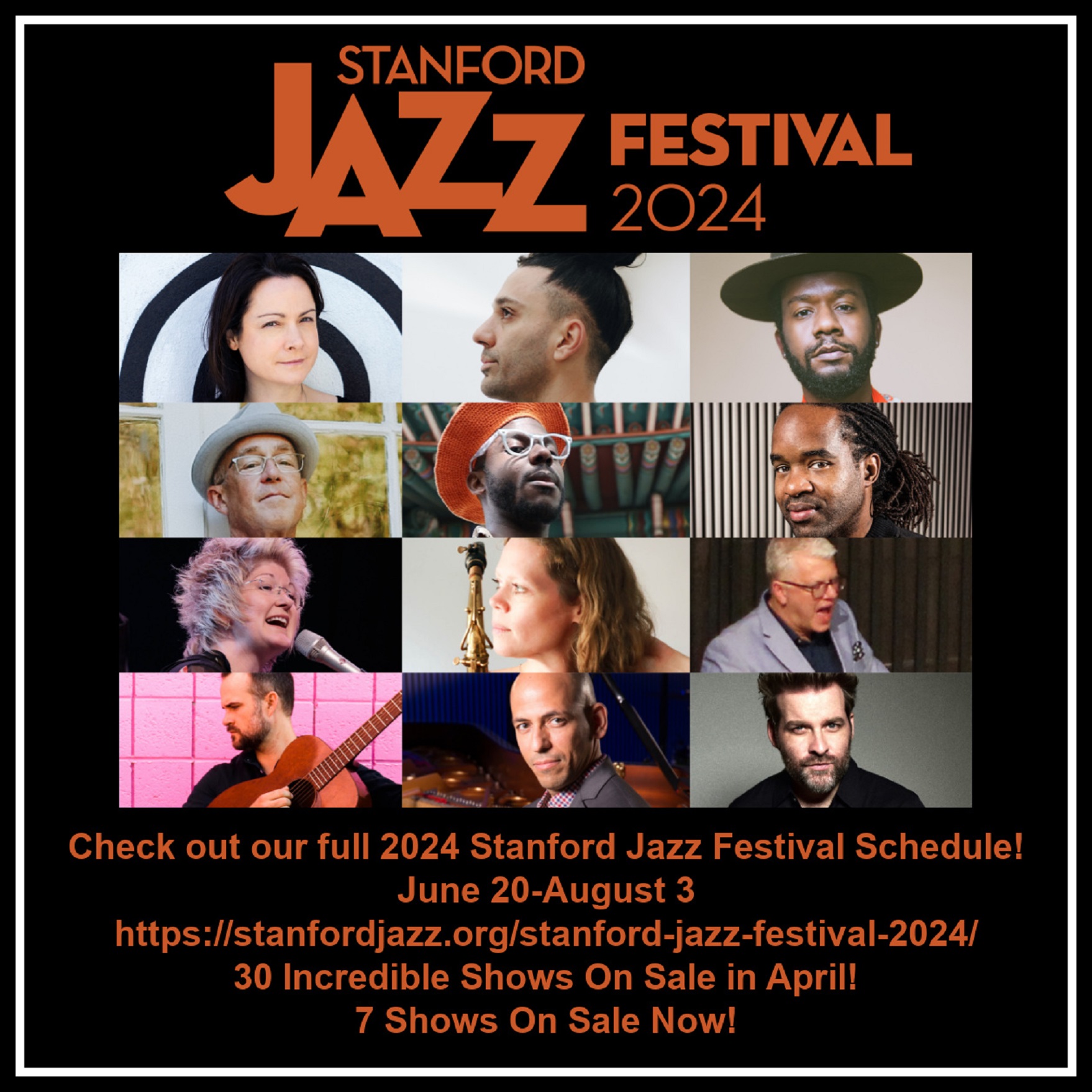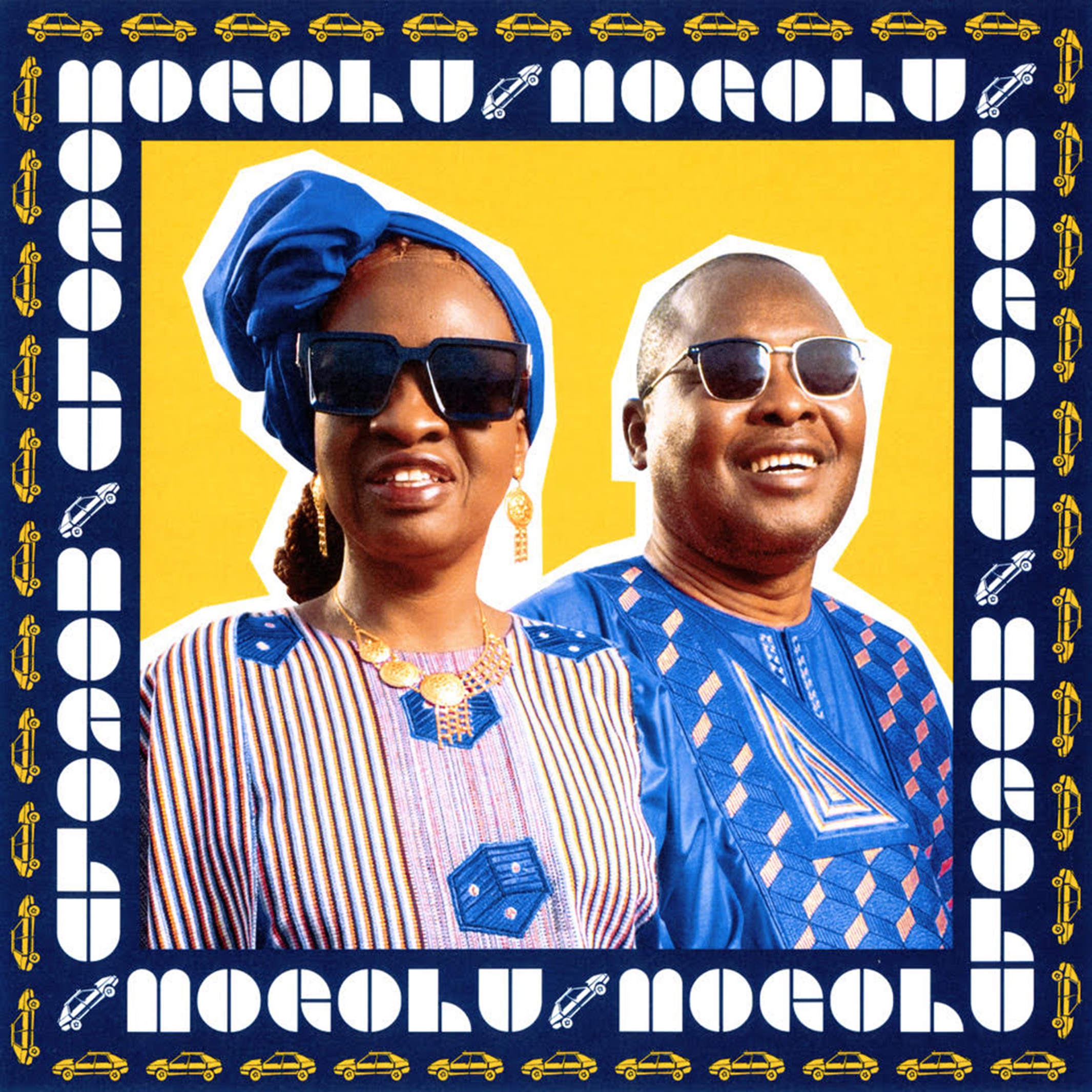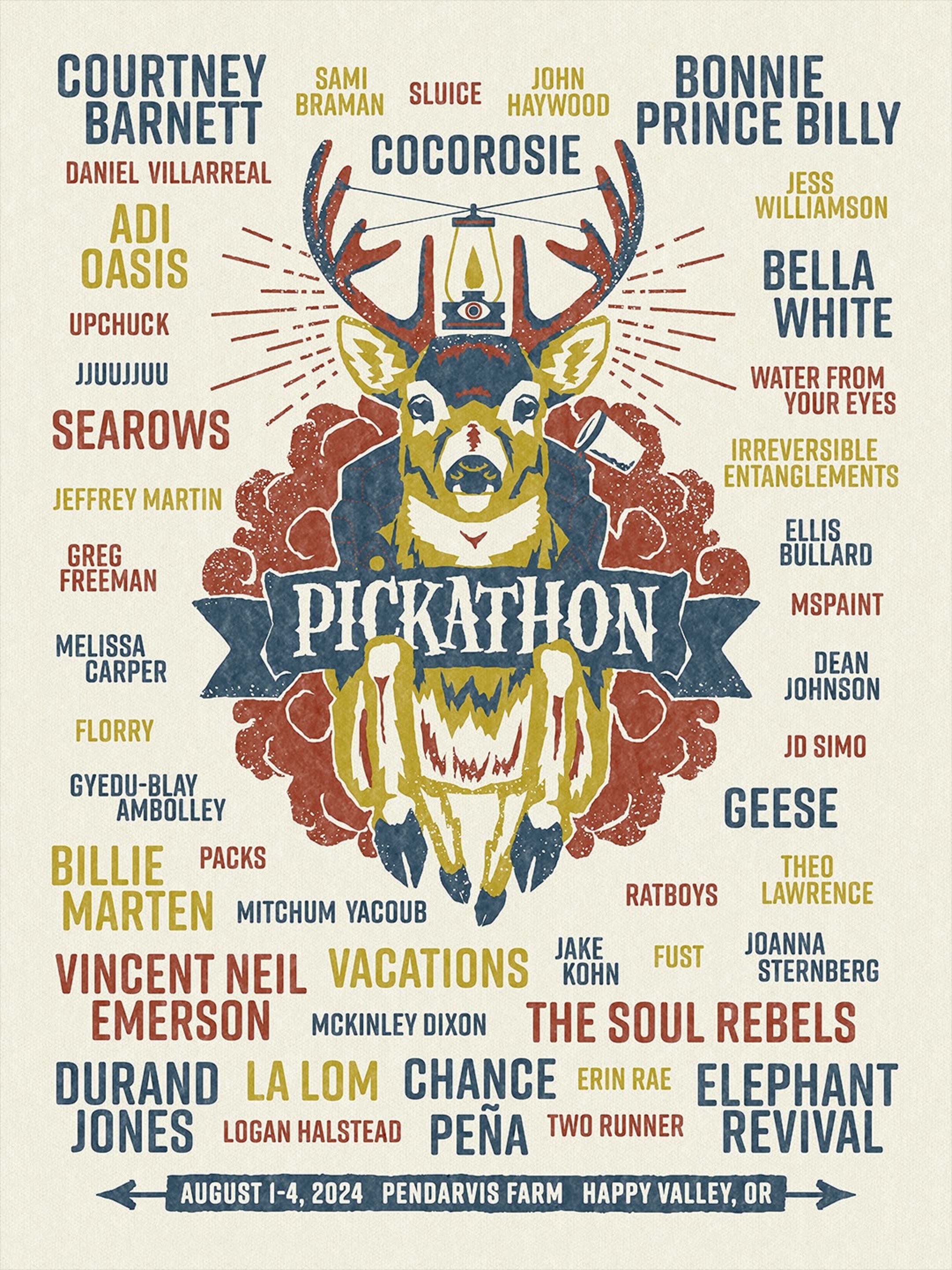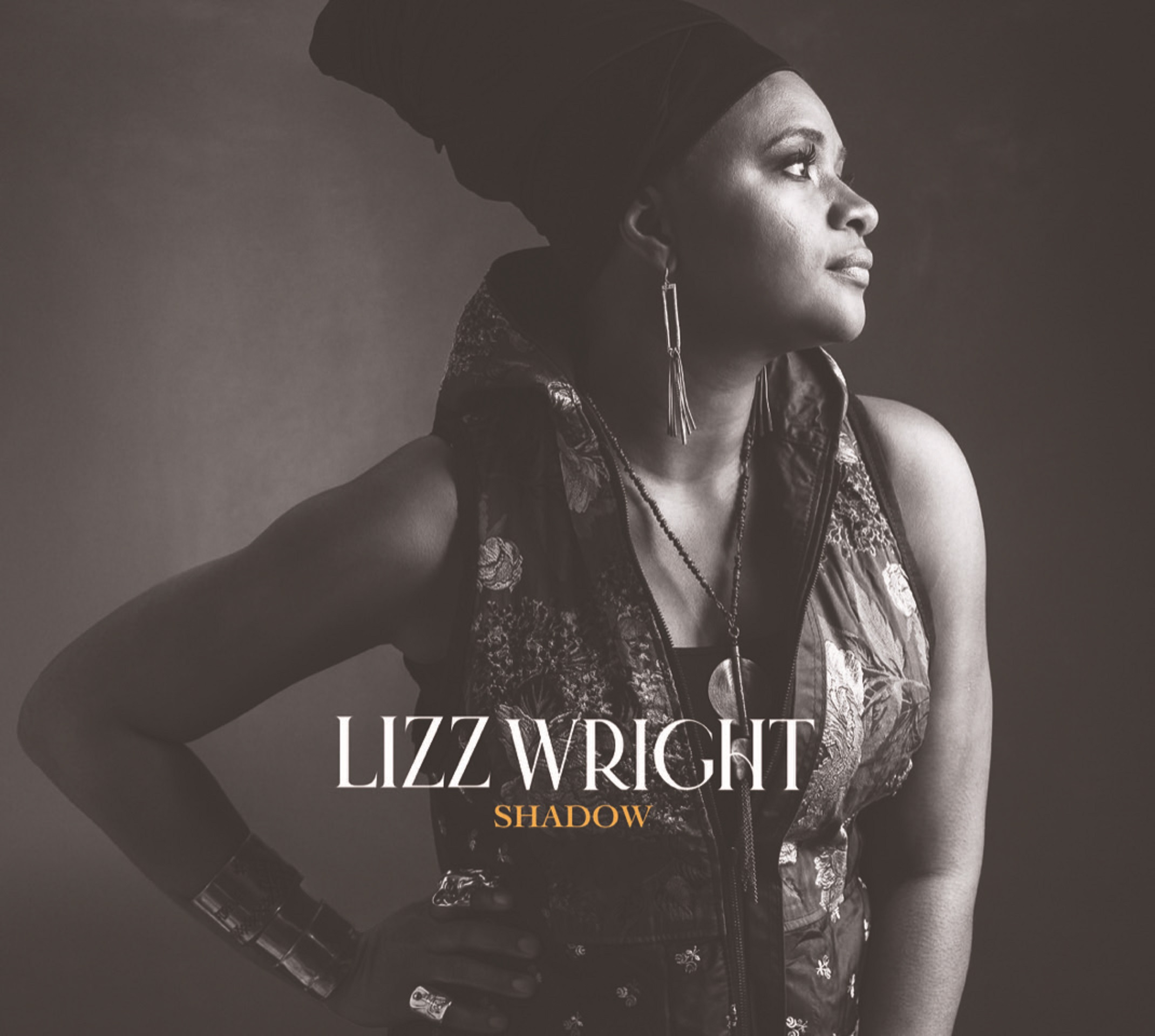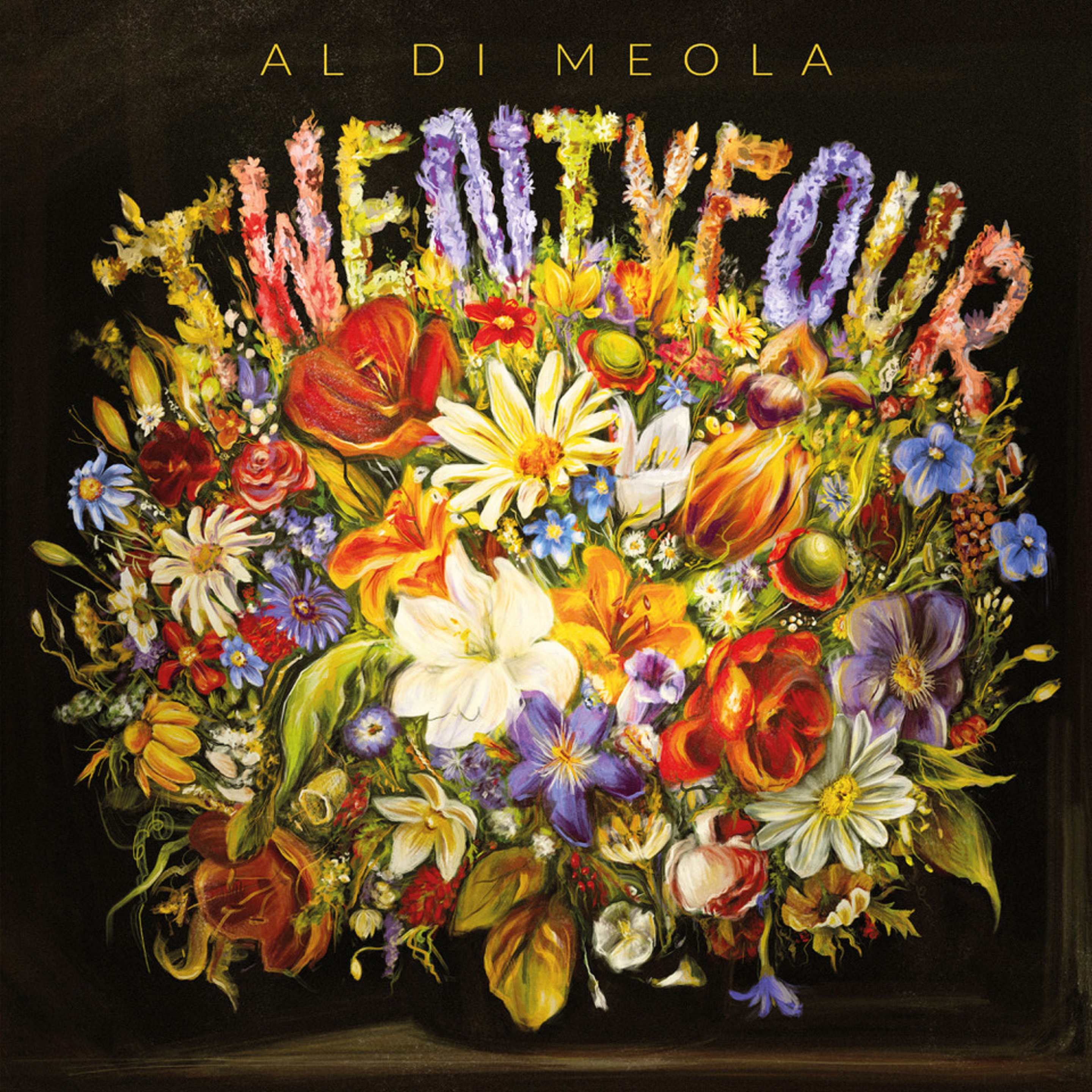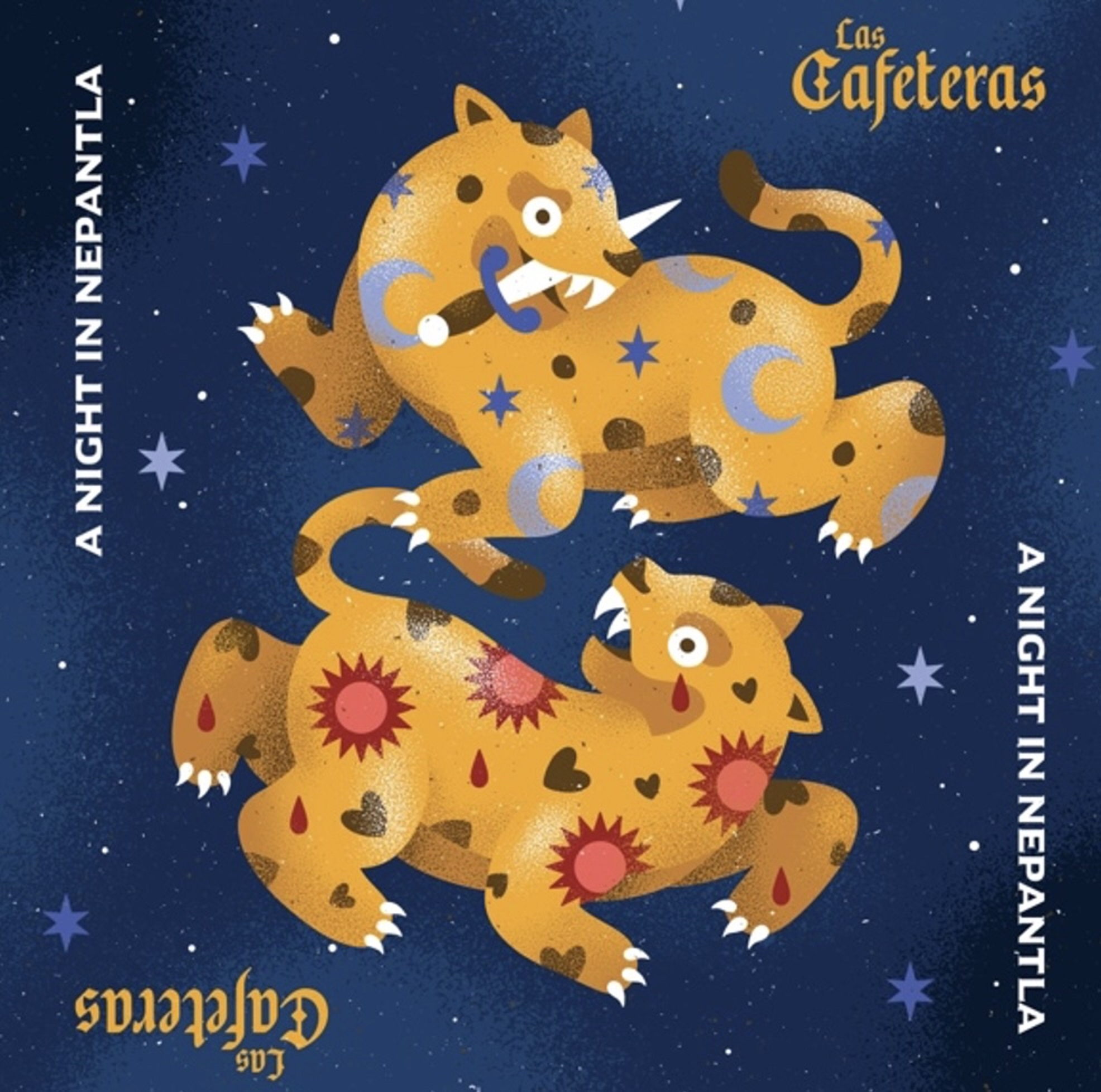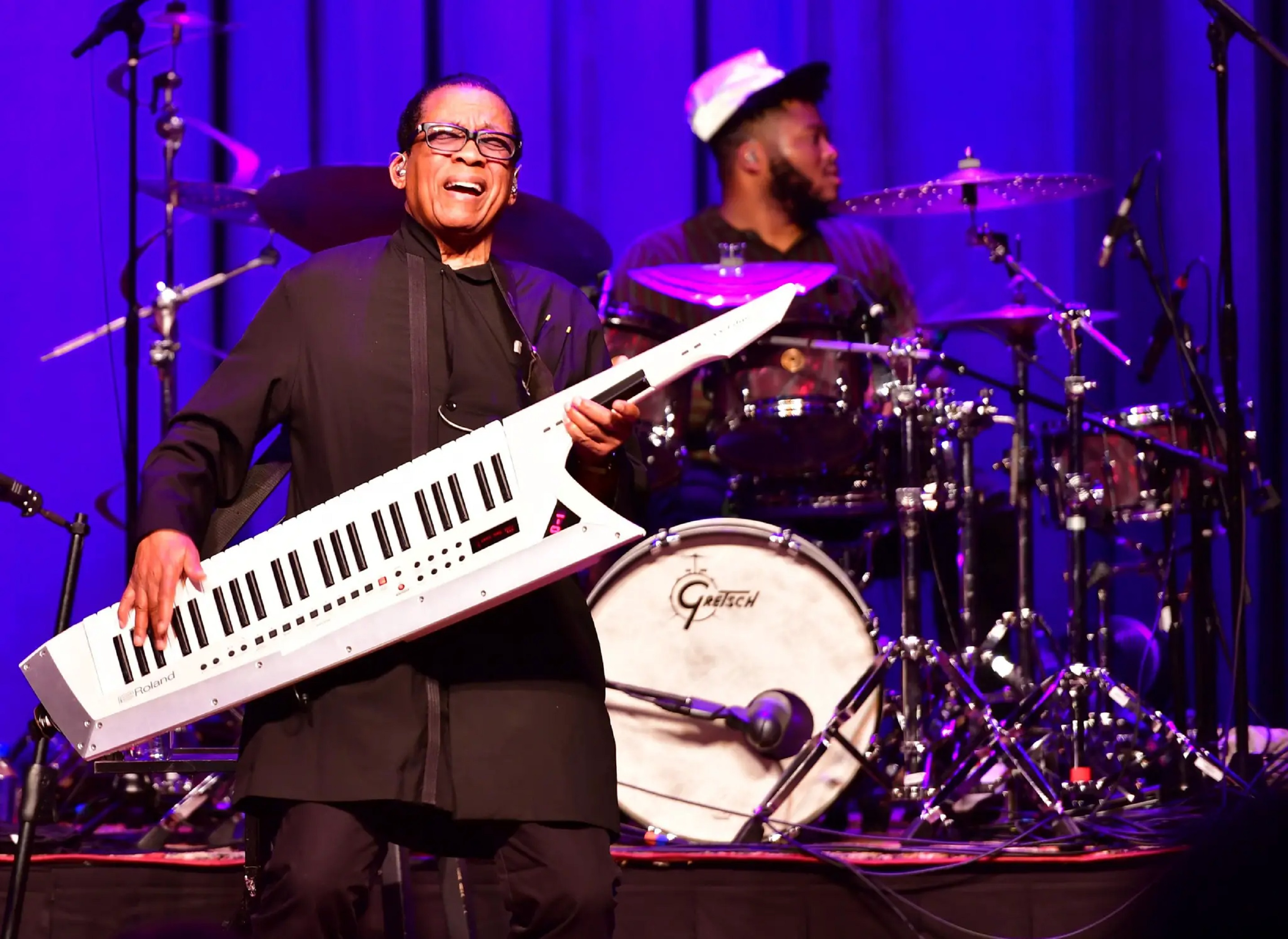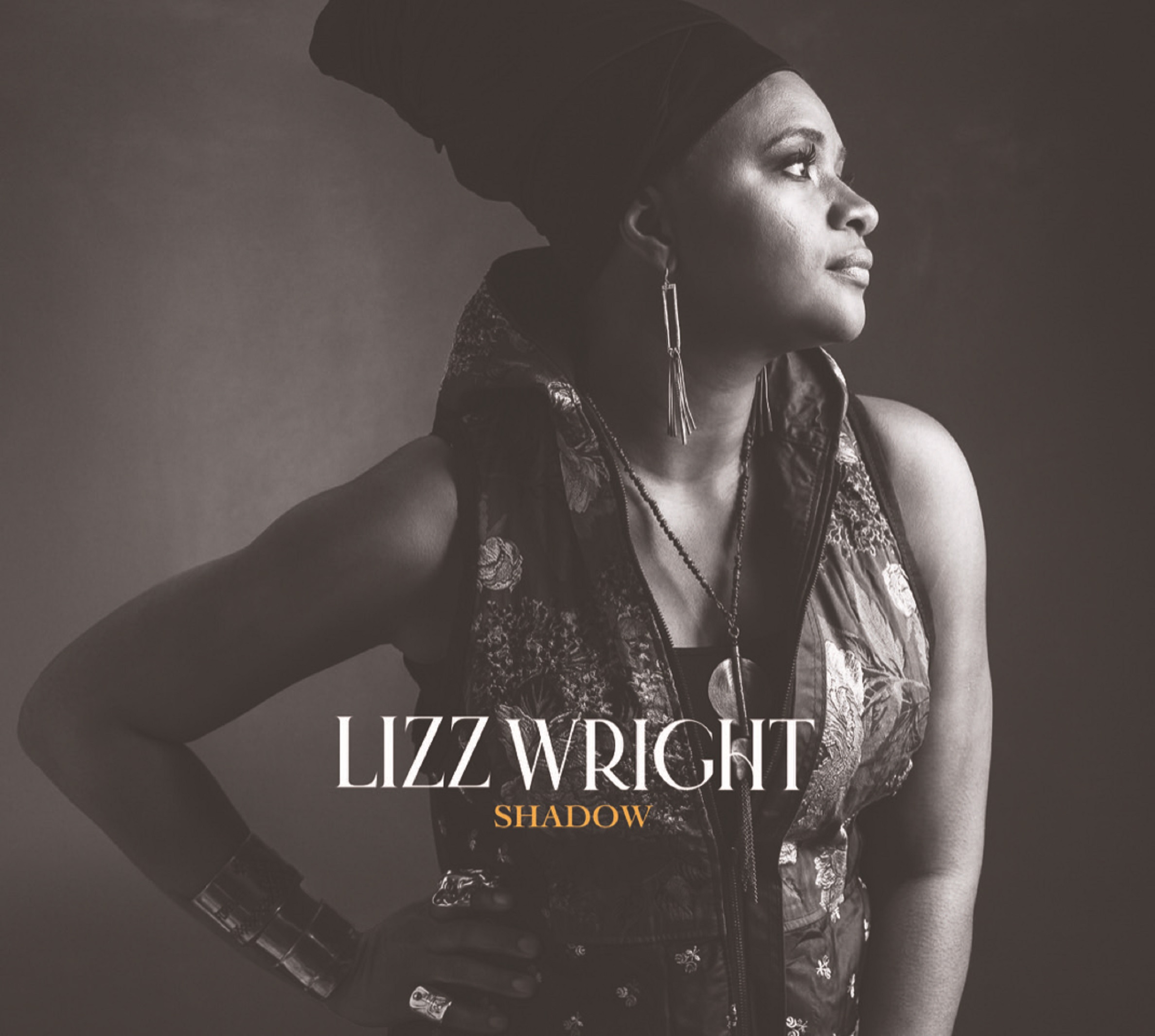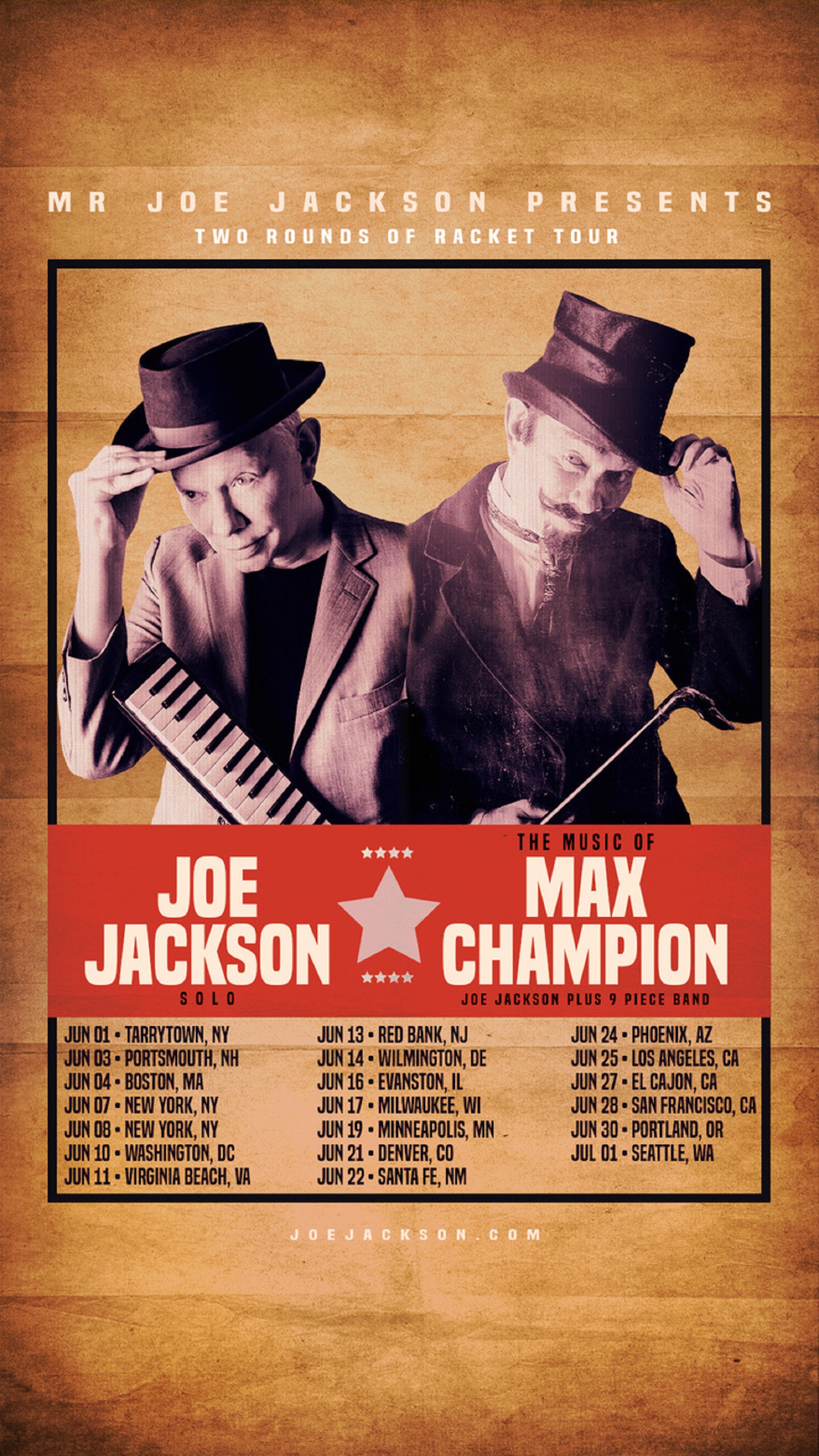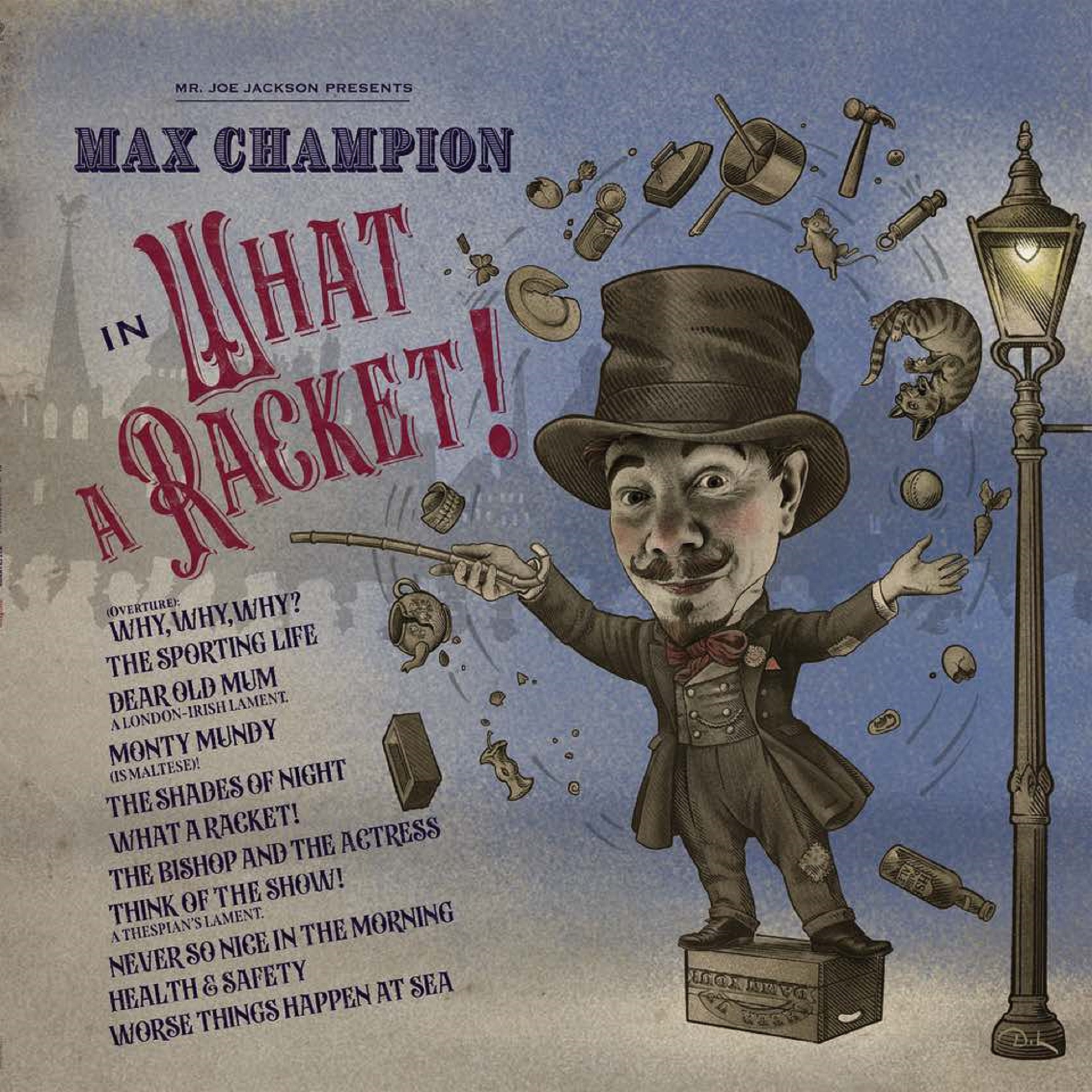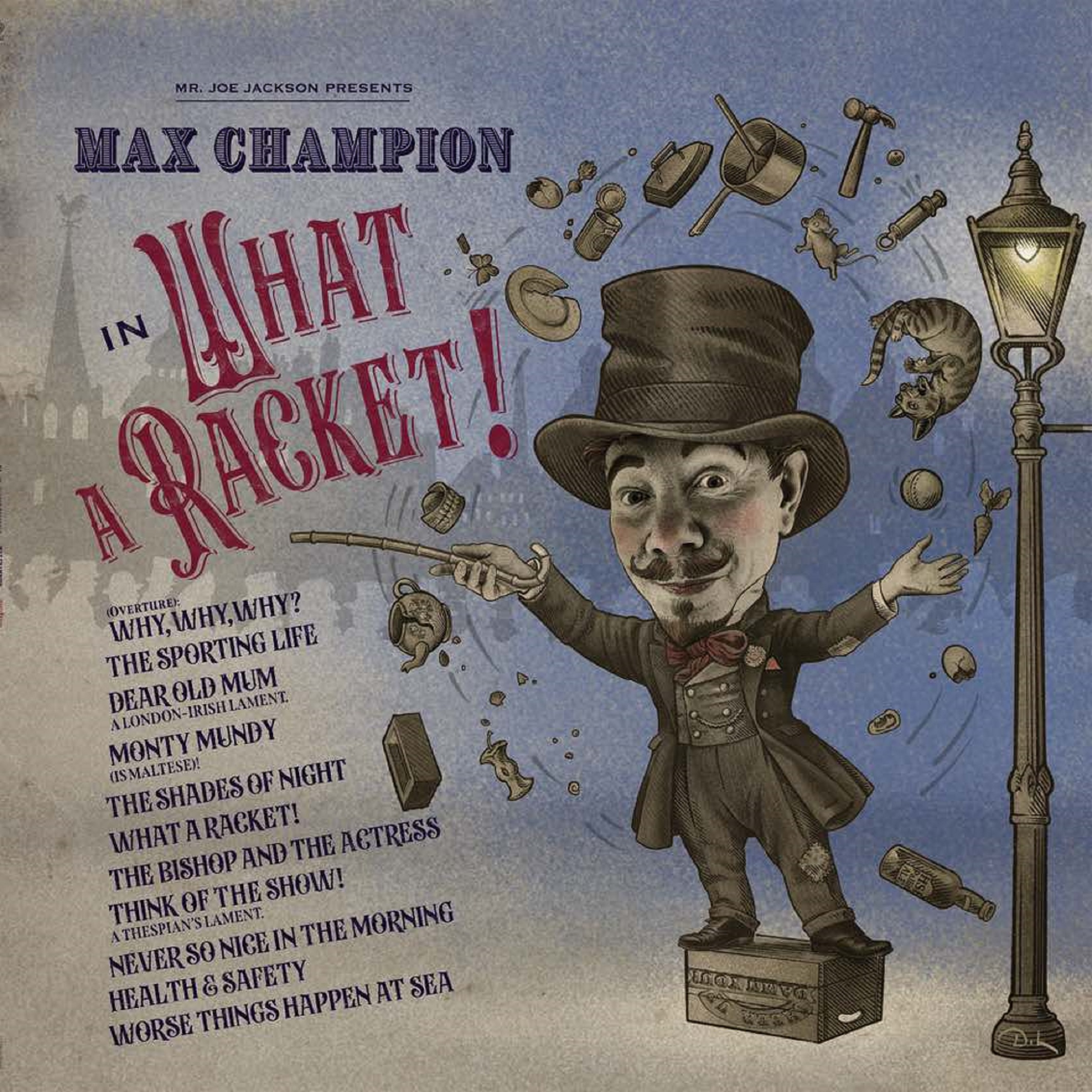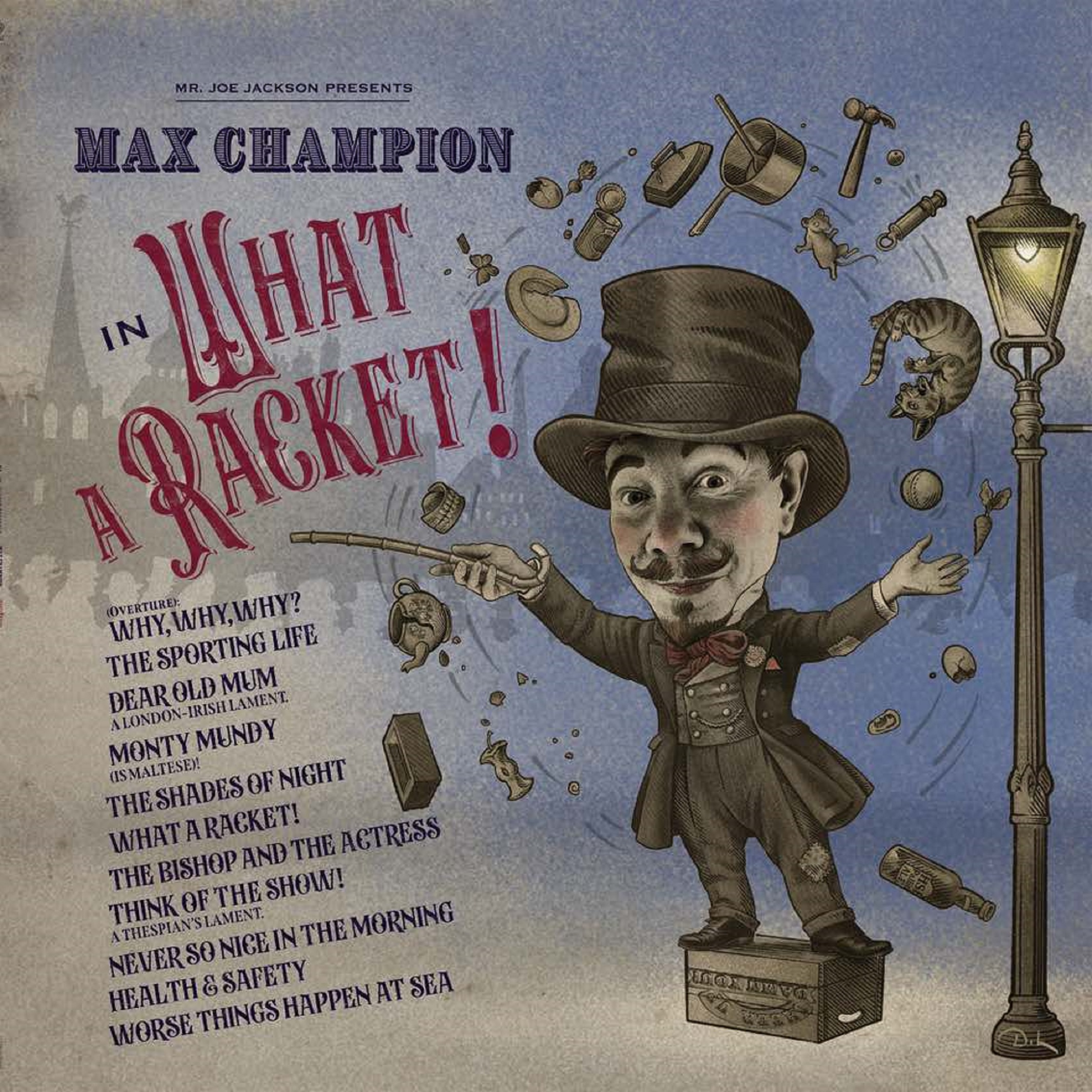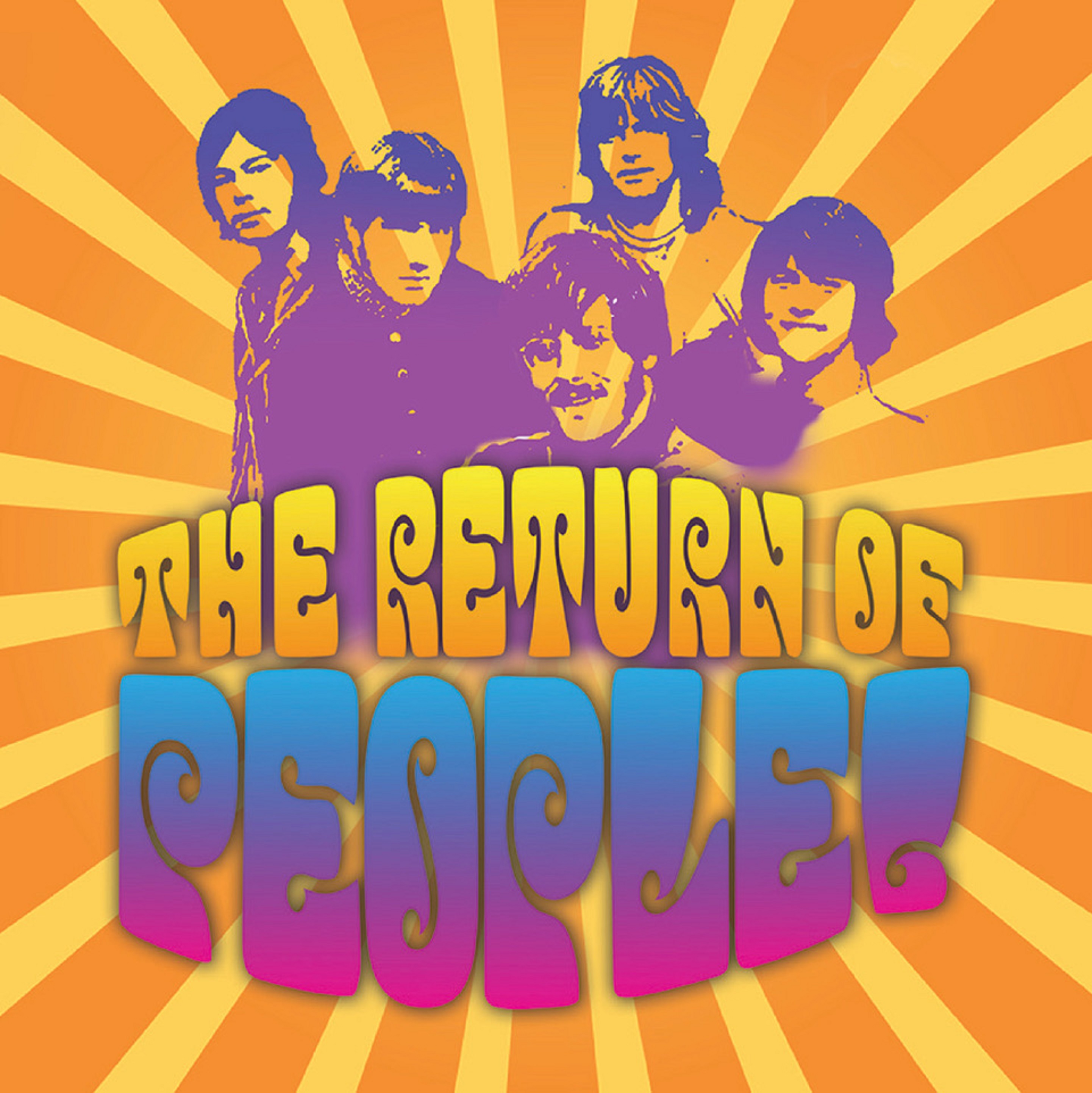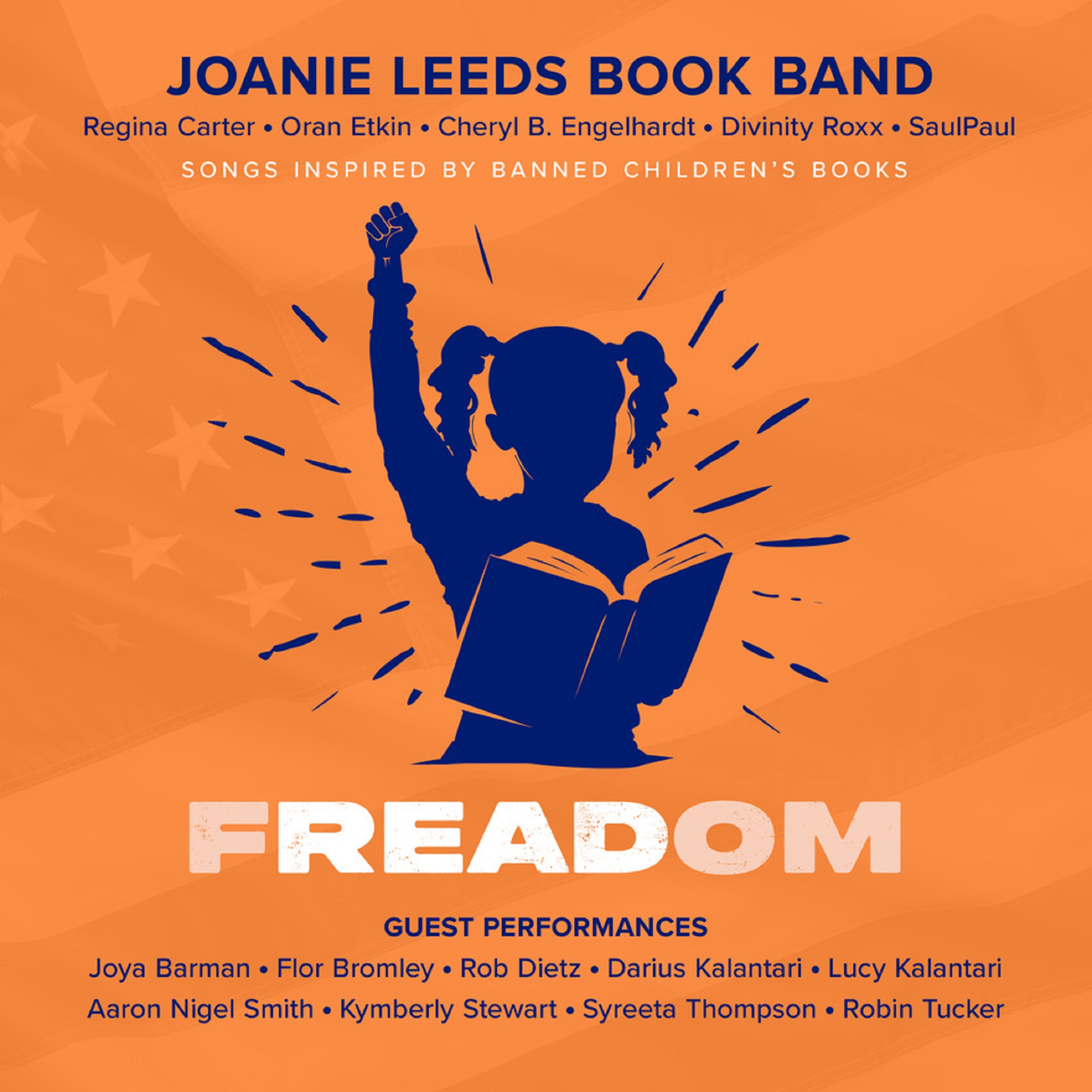Presenting an array of the world’s greatest jazz artists in the South Bay, the Stanford Jazz Festival 2024 celebrates the breadth of the contemporary jazz scene, building on a half-century legacy of jazz preservation and perseverance in the heart of Northern California. With dozens of electrifying concerts on the Stanford University campus from June 20 through Aug. 3, the West Coast’s second longest-running jazz festival features a multi-generational cast of state-of-the-art improvisers encompassing veteran masters of the genre, the buzziest stalwarts, and rising players making their mark. Concerts will be held at Bing Concert Hall, Dinkelspiel Auditorium, and Campbell Recital Hall, as well as one show at Frost Amphitheater.
Kicking off the weekend of June 21 with Oakland-raised trumpet great Ambrose Akinmusire’s sonically expansive Owl Song trio with guitar maestro Bill Frisell and New Orleans drum poet Herlin Riley, Stanford Jazz Festival brings a depth of jazz that spotlights musical explorations often overlooked by other jazz presenters. Berkeley saxophonist George Brooks, who has forged deep relationships with the world’s greatest Hindustani and Carnatic classical musicians, returns to the SJF on June 23 for the 10th iteration of his Indian Jazz Journey showcase. The concert reprises his Indo-jazz collaboration with superstar vocalist Mahesh Kale, winner of India’s coveted National Film Award as the Best Playback Singer.
Thinking globally while also highlighting local talent, the SJF presents Bay Area tenor sax powerhouse Richard Howell on June 28 interpreting John Coltrane’s spiritually charged masterwork, “A Love Supreme.” Embodying the festival’s commitment to gender equality, the SJF’s flagship, gender-balanced 50/50 Orchestra is joined by the brilliant singer and composer Ann Hampton Callaway on June 29.
Featuring its recently expanded personnel, The Bad Plus, a lauded ensemble that has vastly multiplied the audience for jazz in the 21st century with anthemic original compositions, returns to the SJF on July 13 with the founding tandem of drummer Dave King and bassist Reid Anderson joined by guitarist Ben Monder and tenor saxophonist Chris Speed, all prolific players at the center of the New York scene for more than three decades.
The enthralling Israeli reed star Anat Cohen, an SJF mainstay for the past decade, returns on July 20 with her Brazilian-inflected Quartetinho featuring Rio-born pianist/accordionist Vitor Gonçalves. The July 23 SJF debut of Cuban piano maestro Aldo López-Gavilán brings the internationally renowned performer to the South Bay who has garnered international attention in both classical and jazz settings as a recitalist, concerto soloist, chamber-music collaborator, and bandleader of his rhythmically-charged jazz compositions.
The SJF also features two of jazz’s most formidable trumpeters with the July 27 SJF return of Chicago’s Marquis Hill, who’s become a creative force in the decade since winning the 2014 Thelonious Monk International Trumpet Competition, and the July 31 return of Dave Douglas, a rare Bay Area appearance by the celebrated horn player who over the past two decades has developed a beloved jazz label, Greenleaf Music. Douglas is an esteemed educator who will perform music from his latest album, Gifts, along with his week-long teaching at the Stanford Jazz Workshop.
Charismatic vocalist Carmen Lundy, a gifted songwriter responsible for several contemporary standards, closes the festival on Aug. 3, continuing the SJF’s longstanding practice of illuminating the finest artists upholding the jazz tradition.
Founded in 1972 by saxophonist, arranger, and educator Jim Nadel, the SJF is conjoined with the Stanford Jazz Workshop, an intensive summer education program staffed with acclaimed musicians who are also many of the SJF’s featured performers. The synergy between the Workshop and the SJF manifests at every concert, as all the students enrolled in a session receive complimentary tickets, bringing an infusion of youth to the venues.
Workshop students aren’t the only new blood circulating at Stanford Jazz. The appointment of bassist/composer Cory Combs as Executive Director last August 2023 was part of a generational sea change that has touched just about every major jazz institution in the region, from the Monterey Jazz Festival to SFJAZZ. Combs brings a wealth of experience to the organization, including his pivotal role as SFJAZZ’s Director of Education (2007-2011), when he was part of the leadership team that designed, planned, and launched the $60 million SFJAZZ Center.
After six years as the founding director of outreach at the Nueva School in San Mateo, where he directed the K-12 music program and led the jazz ensemble, Combs took over as Executive Director of InterMusic SF (2016-2023), developing and curating six annual SF Music Day festivals at the San Francisco War Memorial. Under his direction, InterMusic SF provided more than $1 million in project grant funding for hundreds of professional musicians throughout the Bay Area, including numerous commissions, premieres, recordings, and performances. During the first years of the pandemic, he administered a relief fund along with Theater Bay Area and Dancers Group that provided over $500,000 in aid to out-of-work arts workers.
“I am thrilled to be joining Stanford Jazz Workshop, an organization I have known and admired for decades,” says Cory Combs. “Over the last 50 years, Jim Nadel has developed one of the leading institutions for jazz education in the country and I am inspired by the opportunity to honor Jim’s legacy, seek opportunities for continued organizational growth, and deepen my dedication to the expansive jazz community of students, performers, and audiences.”
Stanford Jazz Festival – Artist Highlights
Ambrose Akinmusire Owl Song featuring Bill Frisell and Herlin Riley
Ambrose Akinmusire is obsessed with beauty. The trumpeter, composer, and ever-evolving sonic explorer is known for seeking out new musical frontiers, and his Owl Song trio has become one of his primary vehicles for investigation. Featuring guitar legend Bill Frisell and New Orleans drum poet Herlin Riley, the stripped-down ensemble ranges across a broad expanse of American music guided by an unhurried conversational ethic. A standout player since his years at Berkeley High, Akinmusire has distinguished himself at every step, from winning the Thelonious Monk International Trumpet Competition in 2007 to delivering critically hailed commissioned works for the world’s most august stages, including the Monterey Jazz Festival, the Berlin Jazz Festival, and the Kennedy Center.
Long enthralled with Frisell’s music, he’s sought out several opportunities to collaborate as a duo, starting in 2014 when Akinmusire was artist-in-residence at the Montreal International Jazz Festival. “What I love about Bill is his curiosity,” Akinmusire says. “He’s still questioning and pushing.” A few weeks before the pandemic shuttered New York City he and Frisell did a four-night duo run at the Blue Note playing each other’s tunes. They added Riley into the mix in 2022, debuting Owl Song at the SFJAZZ Center. One of two albums he released last year on Nonesuch (along with Beauty Is Enough, a striking solo trumpet session), Owl Song earned glowing reviews, and the music has taken startling new shapes since the recording. Don’t miss this singular ensemble, a group that knows how to make silence sing.
The Bad Plus
A little bit of addition has radically reconfigured The Bad Plus. Emerging from the New York jazz scene at the turn of the century with a repertoire encompassing original compositions and elaborately arranged rock and pop anthems, the collective trio became one of jazz’s most popular, influential, and long-running bands. Founded by drummer Dave King and bassist Reid Anderson, who grew up together in Minneapolis, and Wisconsin-reared pianist Ethan Iverson, the group underwent a major change when the highly respected Philadelphia pianist Orrin Evans took over from Iverson in late 2017. But with the pandemic hiatus, Evans subtracted himself from the equation to focus on his own projects. Instead of maintaining the trio format King and Anderson recruited tenor saxophonist Chris Speed and guitarist Ben Monder, brilliant, prolific, and well-traveled players who should be far better known.
“One thing we wanted to do was get away from piano,” Anderson says. “But more importantly, both of those guys are really interesting musicians with very personal approaches.” Like Speed, Monder is best known as a collaborator who brings a jolt of creative energy into any musical situation. While still strongly associated with dramatic interpretations of songs such as Black Sabbath’s “Iron Man,” Blondie’s “Heart of Glass,” and Radiohead’s “Karma Police,” The Bad Plus primarily serves as a vehicle for Reid’s and King’s writing. Rock and pop covers don’t figure much in the band’s book anymore. What hasn’t changed is the tidal force of Anderson’s and King’s whisper-to-a-scream dynamics.
Tommy Igoe and the Groove Conspiracy: the Music of Steely Dan
With his long, lanky frame and imposing wingspan, Tommy Igoe cuts a mesmerizing figure behind the drum kit as his swirling motion telegraphs every rhythmic nuance. Returning to the festival with his 15-piece Groove Conspiracy after a six-year absence, he’s bringing a book of finely honed arrangements focusing on the sardonic and voluptuously hook-laden songbook of Steely Dan. Joining his talent-laden crew is guitarist Drew Zingg, who played a key role in Walter Becker and Donald Fagen relaunching Steely Dan in the early ‘90s after a 15-year hiatus. With a repertoire that includes hits like “Aja,” “Bodhisattva,” “Josie,” “My Old School,” “Peg” and “Babylon Sisters,” Igoe evokes the music’s studio-polished sheen while foregrounding Becker’s and Fagen’s abiding love of jazz.
For Igoe, putting his stamp on iconic drum parts created by studio legends like Bernard Purdie, Steve Gadd, and Jeff Porcaro is the best kind of challenge. A supremely versatile player who spent years touring with rock and pop acts, Igoe became an international force in 1997 by creating the drum book for Disney’s hugely popular Broadway production, The Lion King. But his first love was jazz, a relationship that started at home. The son of the revered jazz and studio drummer Sonny Igoe (who toured with Benny Goodman and Woody Herman when he wasn’t playing studio dates), Tommy grew up in a nexus of top-shelf jazz talent. Featuring some of the region’s most formidable improvisers, his Groove Conspiracy has become an extension of his extroverted persona.
Anat Cohen Quartetinho
Everything in Anat Cohen’s musical world is connected, though her high-flying career extends across three continents like a tripod with a foot each in New York City, Rio de Janeiro, and Tel Aviv. Possessing a rich, creamy-toned tenor sax tone and a startlingly lustrous sound on clarinet, the Israeli-born reed master has created a capacious and cosmopolitan body of work ranging across jazz idioms and hybrid styles. A festival favorite since her 2015 Dinkelspiel debut, she’s often brought her abiding passion for Brazilian music to Stanford, and this concert features the latest vehicle for extending her Brazilian jazz reach.
With players gleaned from her acclaimed Tentet, Cohen’s Quartetinho features Rio-born keyboard maestro Vitor Gonçalves on piano, accordion, and Fender Rhodes, Israeli bassist Tal Mashiach doubling on guitar, and James Shipp on vibes, percussion, and some electronics. Cohen focuses on bass clarinet in the group, which she created “to explore more intimate, chamber jazz sounds,” she says. “We played our first show on March 7, 2020, and the next day everything shut down. It’s a group I’ve been trying to play with ever since. I love these guys. It’s a different space. Everyone contributes some original music, and everyone has an affinity for Brazilian music, but with open space for improvisation and more folkloric sounds.” With ravishing tunes by Antonio Carlos Jobim and Egberto Gismonti thrown into the mix, the Quartetinho delivers an embracing blast of beauty with every performance.
Marquis Hill
A trumpeter and flugelhornist possessing enviable poise and a far-reaching vision, Marquis Hill is an intensely eloquent improviser who embraces a broad spectrum of Black American music. Based in New York City for the past decade, he’s a Chicago-reared master, and he absorbed the city’s independent ethic. Making his festival return, Hill arrives at Stanford at the age of 37 having long embraced his role as a guiding force for younger players, much like he was mentored by Bobby Broom, Willie Pickens, Tito Carrillo, and other Chicago greats through the Ravinia Jazz Scholars program. Winning a series of prestigious awards, culminating with the 2014 Thelonious Monk International Trumpet Competition, catapulted Hill into national prominence. Recording prolifically, mostly for his own Black Unlimited Music Group label, he’s documented his encompassing musical world, forging a highly personal synthesis of modern and contemporary jazz, hip-hop, R&B, Chicago house, and neo-soul.
For Hill the various styles are essential elements of the profound African-American creative heritage he’s determined to champion. “It all comes from the same tree,” he says. “They simply blossomed from different branches.” His latest release, 2023’s Rituals + Routines, features his potent working band and special guests like vibraphonist Joel Ross and saxophonist Braxton Cook on a program that seamlessly blends jazz interplay, hip-hop-infused rhythms, and socially conscious spoken-word passages. No matter what idiom he’s drawing on in the moment, his tone evokes trumpet history, touching on Miles’ canny use of silence, Woody Shaw’s intervallic leaps, and Lee Morgan’s bluesy swagger.
Ann Hampton Callaway with the 50/50 Jazz Orchestra
Ann Hampton Callaway doesn’t just interpret the American Songbook, she’s added a few pages of her own. Though best known as a sumptuously gifted vocalist equally at home scatting in a jazz club or revealing a familiar standard’s unexpected drama in a cabaret, she’s also an exceptionally gifted songwriter. Over the past four decades, her music and lyrics have been recorded and performed by Karrin Allyson, Barbara Carroll, Blossom Dearie, Barbra Streisand, Michael Feinstein, Patti LuPone, and Lillias White, among many other vocal luminaries. Callaway’s 1992 debut album featured her original musical setting for an unrecorded lyric by Cole Porter, “I Gaze in Your Eyes,” a project authorized by his estate. Now that’s a big entrance! It’s not surprising that she’s been drawn to a vocal legend whose star power often overshadowed her tremendous talent as a tunesmith.
Her latest album is 2023’s Fever: A Peggy Lee Celebration (Palmetto). Equally at home performing solo accompanying herself at the piano or backed by a symphony orchestra, Callaway has thrived in just about every type of musical setting. But she’s never performed with an ensemble quite like the SJW 50/50 Jazz Orchestra. Directed by trumpeter Fred Berry, an eminent educator, the 16-piece band features a stellar cast divided equally between men and women. It’s a manifestation of the SJW’s commitment to gender equality, a struggle embodied by players like 50/50 altoist Mary Fettig, who in 1973 became the first woman to join the Stan Kenton Orchestra.
Carmen Lundy
Carmen Lundy wants to make sure there are new songs to sing. The Los Angeles jazz vocalist, songwriter, arranger, bandleader, actor, and painter has spent the past two decades carefully designing just about every facet of her music. An artist fully in command of her materials, she’s released a series of acclaimed albums on her Afrasia label focusing on her finely wrought originals. While she’s earned multiple awards and honors over the years, the most telling distinctions have come from her peers. Drum great Terri Lyne Carrington recruited Lundy for her 2011 Grammy Award-winning Mosaic Project, an album that features Lundy’s composition “Show Me A Sign.” The late, revered pianist Geri Allen featured her on the spiritually charged 2006 album Timeless Portraits and Dreams. They collaborated again on a 2016 Kennedy Center production of Farah Jasmine Griffin’s play “A Conversation with Mary Lou Williams” directed by the Golden Globe and Emmy Award–winning S. Epatha Merkerson.
A Miami native from a highly musical family–her younger brother is acclaimed bassist Curtis Lundy–she made a powerful impression on the late ‘70s New York scene performing with the Thad Jones/Mel Lewis Jazz Orchestra at the Village Vanguard. When a deal with Columbia Records fell through, she connected with the esteemed educator and producer Dr. Herb Wong and he released her 1985 debut album Good Morning Kiss on his Palo Alto-based Blackhawk label. In other words, Lundy’s concert is a long overdue Stanford debut.
Stanford Jazz Festival (June 20 — August 3, 2024)
Thursday, June 20, 2024 - Jazz Inside Out with Jim Nadel and Friends – Campbell Recital Hall
Friday, June 21, 2024 – Ambrose Akinmusire Owl Song Featuring Bill Frisell & Herlin Riley – Bing Concert Hall
Saturday, June 22, 2024 – Tommy Igoe and the Groove Conspiracy, “Music of Steely Dan” – Dinkelspiel Auditorium
Sunday, June 23, 2024 – Indian Jazz Journey Featuring George Brooks – Dinkelspiel Auditorium
Friday, June 28, 2024 – Richard Howell: A Love Supreme - Tribute to John Coltrane – Campbell Recital Hall
Saturday, June 29, 2024 – Ann Hampton Callaway with the SJW 50/50 Jazz Orchestra – Dinkelspiel Auditorium
Sunday, June 30, 2024 – Nicolas Bearde: The Music of Nat King Cole – Campbell Recital Hall
Sunday, July 07, 2024 – Destiny Muhammad Quartet – Campbell Recital Hall
Friday, July 12, 2024 – Tierney Sutton w/ Tamir Hendelman – Campbell Recital Hall
Saturday, July 13, 2024 – The Bad Plus – Dinkelspiel Auditorium
Sunday, July 14, 2024 – Jazz Mafia: Grateful Brass the Music of the Grateful Dead – Dinkelspiel Auditorium
Monday, July 15, 2024 – Natalie John featuring Allison Miller: the Great American Songbook Reimagined
– Campbell Recital Hall
Tuesday, July 16, 2024 – Mikailo Kasha Trio – Campbell Recital Hall
Wednesday, July 17, 2024 – Joe Louis Walker – Dinkelspiel Auditorium
Thursday, July 18, 2024 – Adi Meyerson's Dark Matter / Emily Kuhn Quintet – Campbell Recital Hall
Saturday, July 20, 2024 – Anat Cohen: Quartetinho – Dinkelspiel Auditorium
Monday, July 22, 2024 – Tiffany Austin Featuring Roy McCurdy – Campbell Recital Hall
Tuesday, July 23, 2024 – Aldo López-Gavilán – Campbell Recital Hall
Wednesday, July 24, 2024 – Sam Reider with Anat Cohen: American Panoramas – Campbell Recital Hall
Thursday, July 25, 2024 – Victor Lin: Music from Anime + Studio Ghibli – Dinkelspiel Auditorium
Saturday, July 27, 2024 – Marquis Hill – Dinkelspiel Auditorium
Sunday, July 28, 2024 – Marcus Shelby Quintet – Dinkelspiel Auditorium
Monday, July 29, 2024 – Caroline Davis Portals – Dinkelspiel Auditorium
Tuesday, July 30, 2024 – George Cables Trio – Dinkelspiel Auditorium
Wednesday, July 31, 2024 – Dave Douglas: Gifts – Dinkelspiel Auditorium
Thursday, August 01, 2024 – Taylor Eigsti & Friends – Dinkelspiel Auditorium
Friday, August 02, 2024 – SJW All-Star Jam - Dinkelspiel Auditorium
Saturday, August 03, 2024 – Carmen Lundy – Dinkelspiel Auditorium
A complete list of the Stanford Jazz Festival concerts and events can be found at stanfordjazz.org/stanford-jazz-festival-2024.
About Stanford Jazz Festival
Over the past 52 years, the Stanford Jazz Festival has consistently presented the finest performers on the scene. Audiences have heard legendary performances by Dizzy Gilespie, McCoy Tyner, and Stan Getz, along with virtuosic modern masters like Joshua Redman, Terence Blanchard, and Taylor Eigsti. The Festival is unique and adventurous, presenting over 30 celebrated artists and bands over seven weeks. From family-friendly matinees to groundbreaking premieres, the Stanford Jazz Festival proudly keeps the torch of live jazz burning bright.






